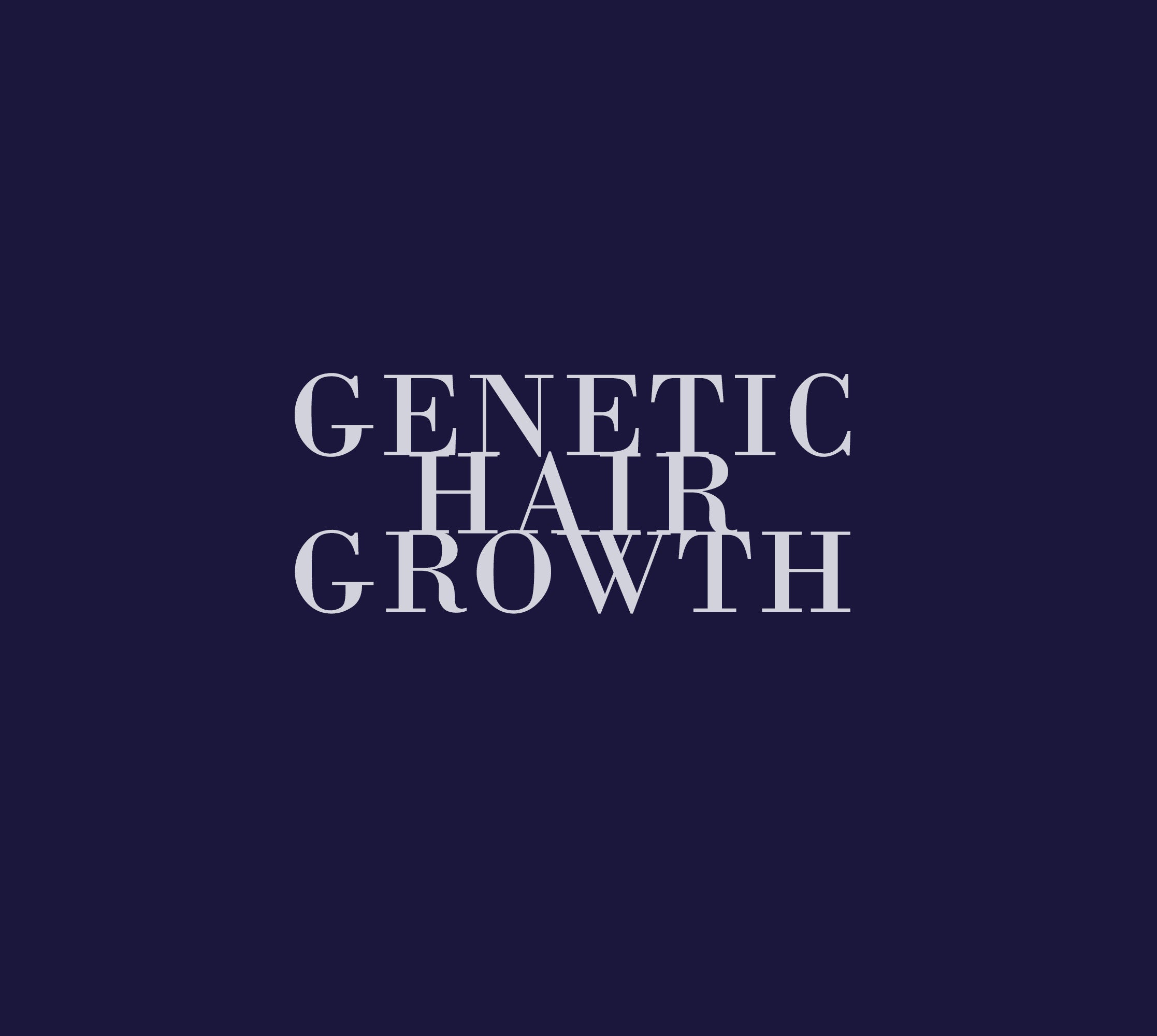
DNA
Genetics play a crucial role in hair growth and characteristics. The maximum length hair can reach, along with its density, texture, and growth rate, are strongly influenced by genes inherited from one's parents.
The hair growth cycle is controlled by DNA, which can limit the natural length your hair can achieve. Each hair follicle has a growth cycle comprising three main phases: anagen (growth), catagen (transition), and telogen (rest). The anagen phase is particularly significant as it dictates how long hair grows before it naturally falls out and is replaced.
In some individuals, the anagen phase may be shorter due to genetic factors, resulting in hair that does not grow beyond a certain length. This growth limit can vary greatly between individuals and populations. Additionally, other genetic issues, such as a predisposition to hair thinning or baldness, can affect hair growth and health over time.
Trichology, the science that studies the scalp and hair, provides further insights into how these genetic and biological factors influence hair growth. Scalp conditions, such as seborrheic dermatitis or folliculitis, can disrupt hair growth quality, further exacerbating natural limitations. While hair conditions are often influenced by genetics, they can also be worsened by stress or poor nutrition.
For those who face challenges related to hair length and density, hair extensions offer an effective solution. High-quality extensions, designed to prevent excessive tension and friction on the strands, can provide a fuller, more natural look without harming the health of the follicles or scalp. Temporary extensions, which can be easily removed and do not require adhesives or harsh techniques, are especially recommended.
These solutions do not interfere with the natural growth cycle, allowing hair to continue growing healthily. Recognizing that scalp care can have a profound influence on the appearance of our hair, it is crucial to opt for hair extensions that do not weigh down the strands and do not cause any type of traction.
Combining extensions with proper hair care helps maintain the integrity of the strands and promotes confidence and well-being, enabling a fuller, healthier appearence without compromising natural hair growth.
